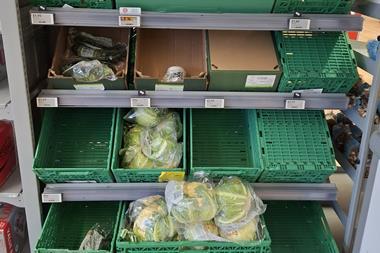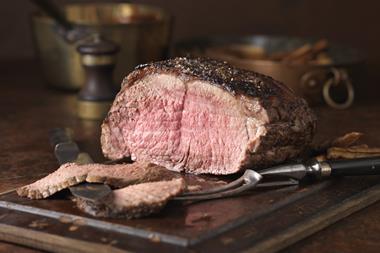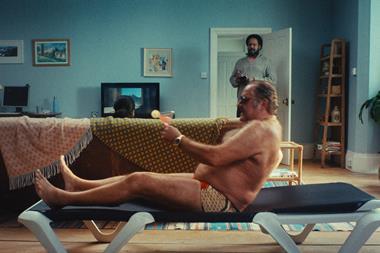The top five supermarkets slashed prices again in September despite growing fears that painful commodity cost inflation will be on the cards over the coming year.
All leading chains reduced their prices month-on-month, according to The Grocer Price Index. By cutting prices by an average of 0.5% over the month, the big four were able to bring annual inflation down from an already low 1.8% in August to 1.2% in September [BrandView.co.uk].
Once again, Morrisons led the charge in cutting prices. After dragging its year-on-year inflation rate below zero, to -1.6%, in August, it went deeper into deflationary territory this month, with prices now 3.5% lower than a year ago.
In September, Morrisons cut prices by 0.5% compared with August, making the deepest cuts to prices of baby products, fruit and veg as well as chilled products, which dropped by 10%, 6% and 4% respectively.
Earlier in the summer, it emerged the supermarket was pushing over 200 suppliers to accept price cuts amounting to up to £500,000 each. The dramatic price cutting over the past two months suggests the retailer is now passing on lower prices to consumers.
Wholesale prices 29 September 2012: red meat & poultry
Pork has been making plenty of headlines in recent weeks, as producer organisations on both sides of the Atlantic have warned of an impending global supply crunch in the wake of soaring feed prices and diminishing herds in Europe.
As The Grocer reported last week, latest EU survey on pig numbers suggests pig farmers have been reducing their herds in anticipation of the partial sow stall ban, which comes into force on 1 January, far more quickly than initially thought.
Pork prices have started to move as a result - Danish pork is now 11.5% more expensive than a year ago, having risen by a further 7.5% over the past month. UK pork prices have moved up somewhat more modestly, rising by 0.8% in the past month and up 2.4% year-on-year.
Meanwhile, some good news on lamb: New Zealand lamb has become 25.6% cheaper over the past year, falling a further 1.2% to £2,853/tonne, in the past month.
Increased promotional activity, including a ramping up of round-price deals, was the driving force behind the deflation at Morrisons in September. Whereas overall prices were down 3.5% year-on-year, base prices, which do not factor in promotions, were just 1.2% lower.
Although nothing like as dramatic as at Morrisons, the price cutting at the other supermarkets has brought price inflation down well below the 4%-5% level that was typical six months ago. Tesco prices were just 2% higher than a year ago and prices at Sainsbury’s and Asda were both up 2.8% year-on-year.
Waitrose has also kept a tight lid on its inflation, which is currently running at just 0.8%. Its prices fell sharply after the extension of Brand Price Match with Tesco to all branded groceries in May.
The recent run of retail price cutting flies in the face of dramatic commodity cost increases since June. There is widespread concern the drought in the US Midwest and dry weather in Russia and South America, which have already caused grain and oilseed prices to rise sharply, will result in more increases.
“Skyrocketing agricultural commodity prices are causing the world to re-enter a period of ‘agflation’, with food prices forecast to reach record highs in 2013,” warned Rabobank last week. It predicted the basket of commodities tracked by the UNFAO Food Price Index will climb 15% by June next year.



















No comments yet